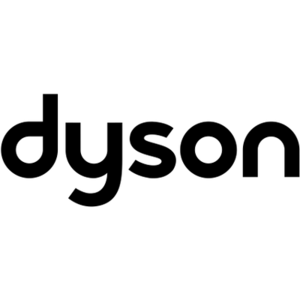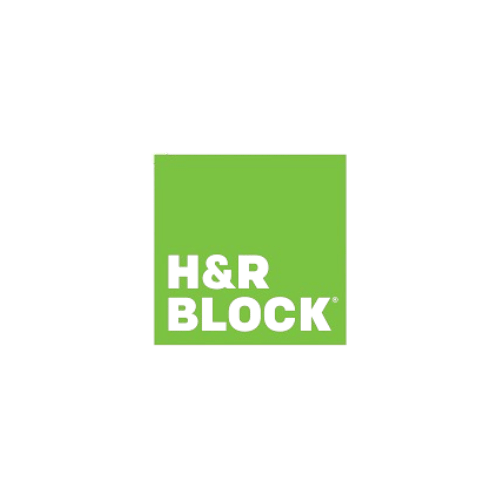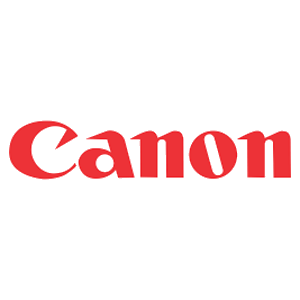Each week we profile a European startup that our team has independently encountered and been excited by. We focus on the scale of the company's ambitions, its early success in executing on its vision, and the potential size of its market.
Portugal-based Paulo Ferrerira dos Santos, 50, founded Kinematix to make devices that could extract detailed data from human movement. One of his first products, called Movinsense, allowed the remote monitoring of patients with chronic diseases such as stroke or arthritis. "Nurses often have to make quick decisions based on very incomplete information," dos Santos says. "This device allows constant remote monitoring of over 1,000 patients." Kinematix later developed Walkinsense, an in-shoe gait analysis system that could extract data such as stride length and dynamic pressure across eight different points in the foot. "Our feet are the only part of the body that was designed to be in contact with the ground," dos Santos says. "You can extract a lot of information from that data. Many neurological and physical injuries affect how we distribute pressure on our feet as we walk." Kinematix's new wearable, TUNE, allows runners to assess and improve their technique. It has just launched on Kickstarter.
Founders:Paulo Ferreira dos SantosLaunched:2007Headquarters:Porto, PortugalStaff:23Funding:€5 million from Portugal Ventures
**What is your USP?**Kinematix specialises in the development of wearable devices to extract knowledge from the information generated by the movement of the body or some body parts.
We have a special interest in feet. We are probably the best company in the world when it comes to extracting the information generated by the interaction between the feet and the ground during daily activities. This is not only relevant to all sports where feet are used, but also to deal efficiently with some conditions like dementia, stroke and diabetes.
**What problem do you solve?**Running is becoming very popular with a huge number of people participating in long distance competitions for recreational purposes. Most of those runners are not well prepared. They just don't know how to run properly. This leads to a lot of physical injuries, which is not what sports should be about.
TUNE monitors both feet to track technique and feet symmetry when running. Based on the particular information of each runner, TUNE creates a personalised training plan. This helps runners improve their technique, leading to a better performance and to a reduced risk of injuries.
**How do you plan to make money?**We intend to make our money primarily from selling TUNE directly to runners, largely through online retailers.
In parallel we are in talks with big sports footwear manufacturers to incorporate the core technology in their footwear.
**Who do you view as competitors?**Kinematix operates in a very hot and competitive market: wearables.
Almost all companies that develop activity trackers or smartwatches that measure activity are competitors. However, we believe that we are creating a new generation of wearables, which don't only quantify movement information, but that qualify it meaningfully.
A good example of what it means to qualify information, is how TUNE generates a customised exercise plan based on the particular way each runner uses the ground underneath his or her feet on each step: the knowledge extracted from the combination of several parameters like ground-contact time, heel-contact time, foot strike, cadence; which are also commonly used by coaches to analyse their runners' needs, aiming to improve their efficiency. However, TUNE does it using all the steps for the analysis, which was never possible until now.
**Where did you get the idea for the business?**Initially from my project developed during my masters, but it evolved further due to several years of market interactions, with very different people and organisations, in a lot of different countries in Europe, America and Asia.
**How would you sum up your company ethos?**Maybe because we are still a company of engineers and because we aim to transform scientific knowledge into robust products, we try to follow something that Dickens wrote in Great Expectations: "Take nothing on its looks; take everything on evidence. There's no better rule." (This is written on one of our office walls, lest we forget it).
What's the biggest misconception about your business?The big misconception about Kinematix is that we develop gadgets. We develop very smart devices.
**What pushed you to stop talking about launching a startup to actually doing it?**The big drive to start Kinematix was the pleasure to compete internationally against bigger players.
**Can you express in some tangible terms how the business has developed?**We spent the first three years developing the first product, with five people. Sales were not strong for a few years, as the healthcare market is slow. However we were able to grow the team -- we're now 23 people -- as we were perceived by our investors to have high-growth potential, which brought us around €5 million of VC funds.
Last year our revenue was around half a million euros, but we decided to explore a more attractive and growing -- if very competitive -- market: consumer wearables. That's when we started to develop TUNE. It's now in crowdfunding, and we're aiming to start selling in December.
What has been the most challenging time for the company?Convincing our investors to completely change the strategy from B2B to B2C, through consumer wearables. This could have killed the company, if we could not convince them.
**How did you overcome that?**We overcame the situation with a lot of perseverance. We demonstrated that we would be able to get a good exit in the future, as wearables are a more attractive market to investors, in comparison to the slow and over-regulated healthcare market.
What is the best piece of advice anyone has ever given you?The best advice came from my father: whatever you do in your life, do it with class. This has helped a lot in life, but mainly in business, as ethics, politeness, and respect for others, together with self-confidence and competency, are powerful factors when it comes to engaging good people, which is the main source of success.
**Which business person do you most admire and why?**My father. He was born in 1897 (he was 68 when I was born) as the elder of nine brothers and sisters in a very poor family. He didn't study and started work at ten years old. He started his company at 18. The company grew every year until he died aged 86. When I look at the way he has done some things, I always get amazed by his sense of innovation, marketing and execution, but mainly by what he got back for trusting in people and being a trustworthy person. My life is incomparably easier, due to what he taught me and the conditions I have had.
**What is your biggest barrier to future success?**Demonstrating that moving to the consumer wearables market was the right decision. We need to demonstrate that TUNE has a market. The Kickstarter campaign can help with that.
Sorry, we do not accept submissions from companies or their publicists for inclusion in this series.
This article was originally published by WIRED UK





